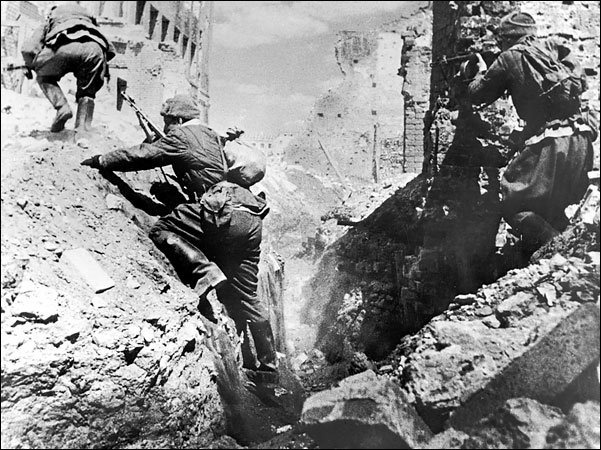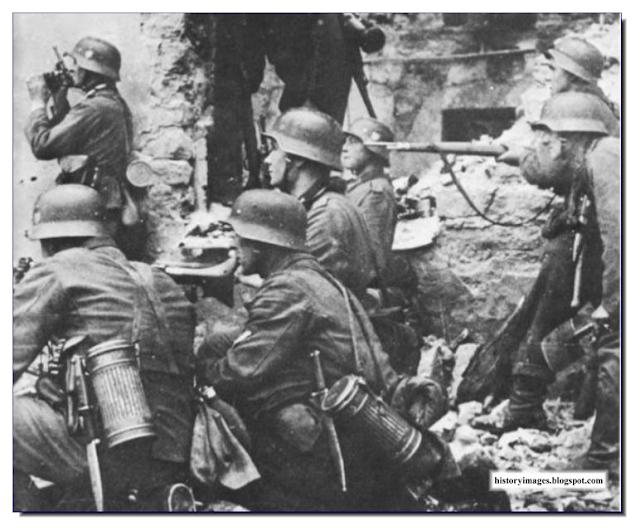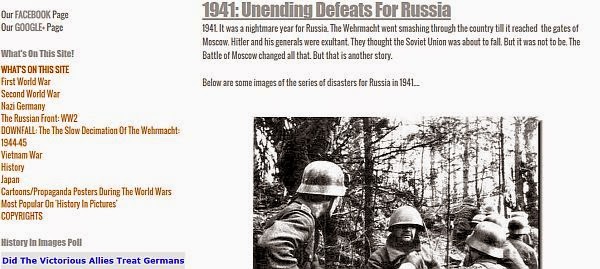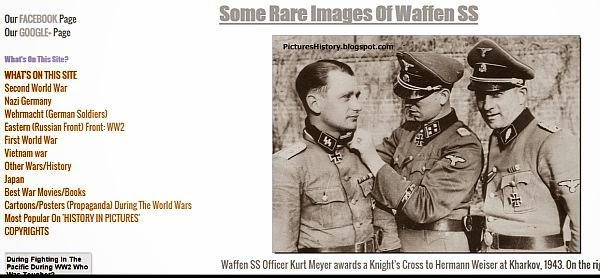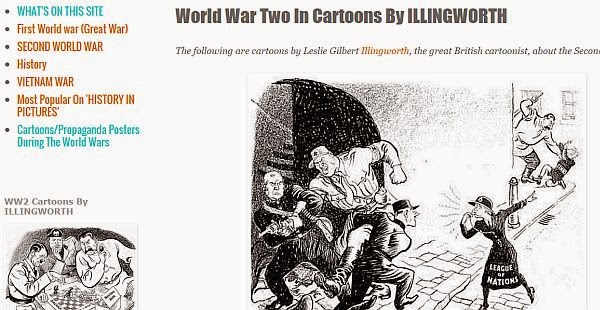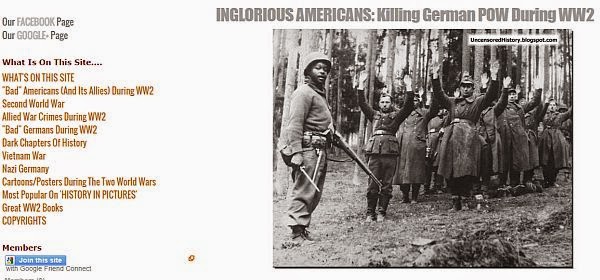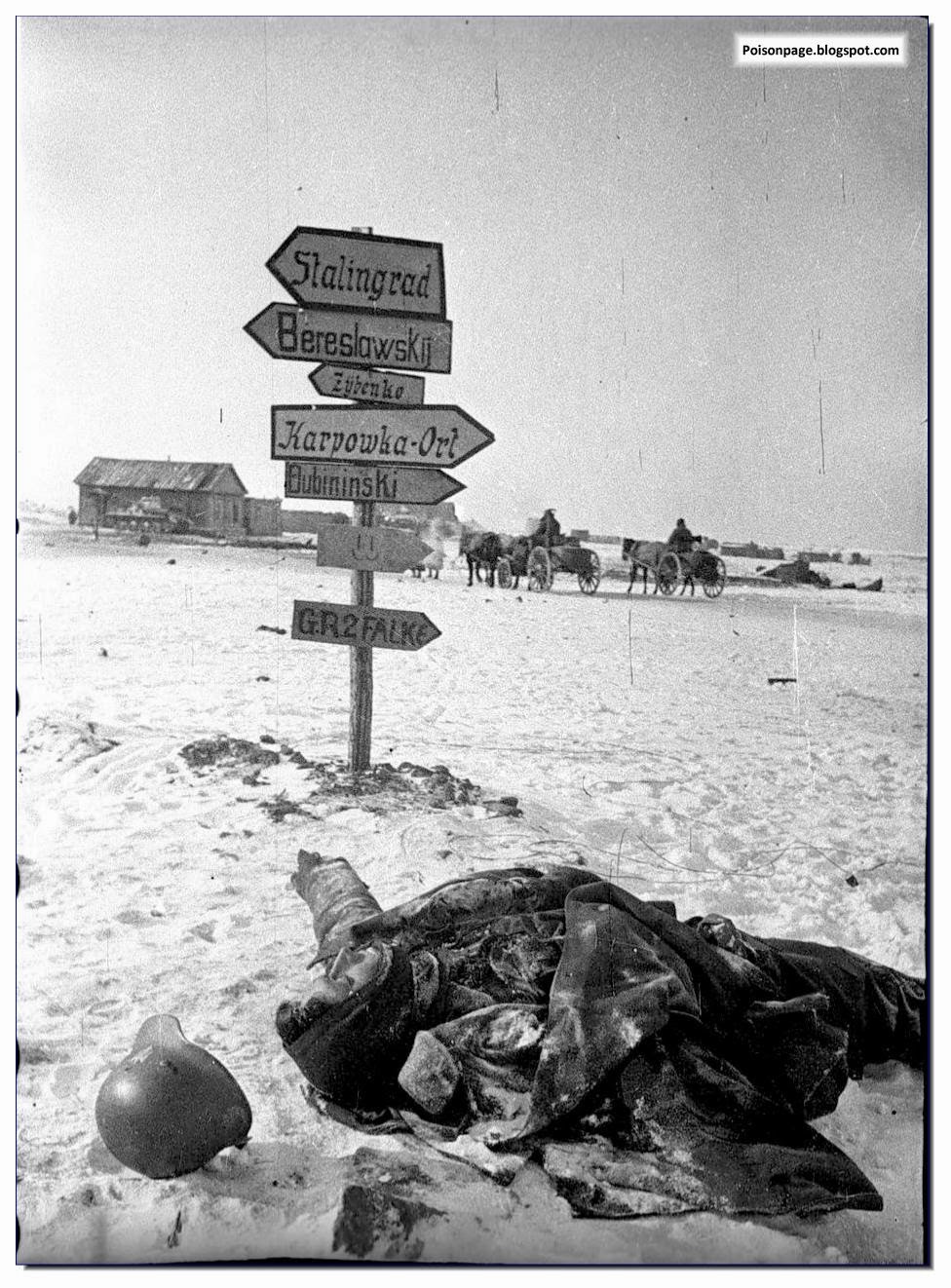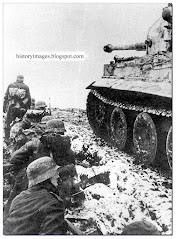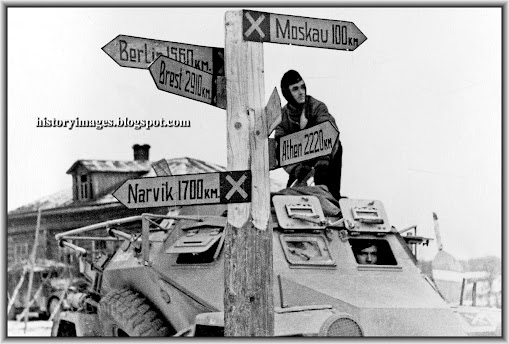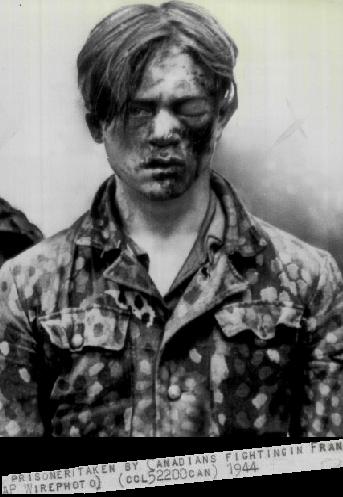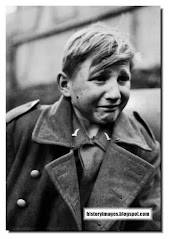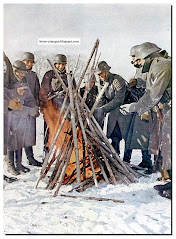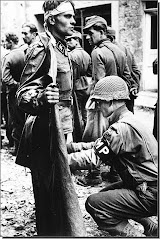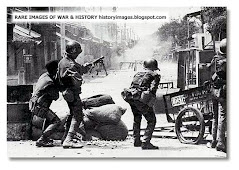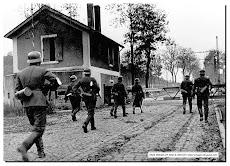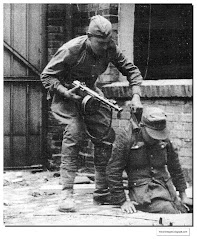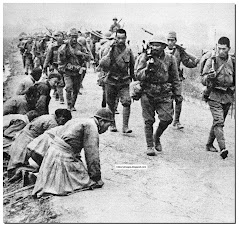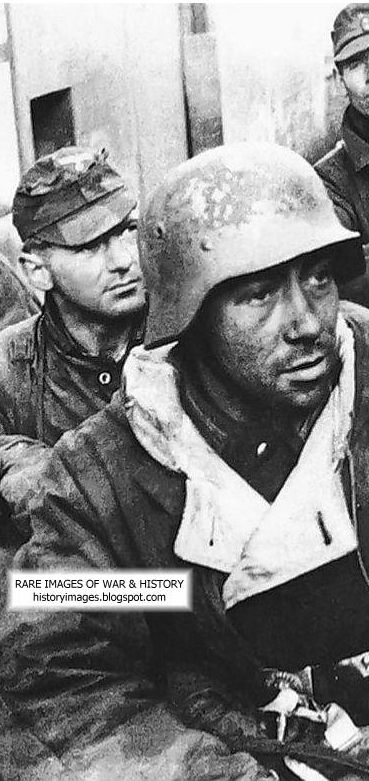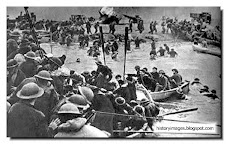A German unit at Stalingrad
The Battle of Stalingrad is considered by many historians to have been the turning point in World War Two in Europe. The battle at Stalingrad bled the German army dry in Russia and after this defeat, the Germany Army was in full retreat.
The Battle for Stalingrad was fought during the winter of 1942 to 1943. In September 1942, the German commander of the Sixth Army, General Paulus, assisted by the Fourth Panzer Army, advanced on the city of Stalingrad. His primary task was to secure the oil fields in the Caucasus and to do this, Paulus was ordered by Hitler to take Stalingrad.
Stalingrad was also an important target as it was Russia’s centre of communications in the south as well as being a centre for manufacturing.
The battle for the city descended into one of the most brutal in World War Two. Individual streets were fought over using hand-to-hand combat. The Germans took a great deal of the city but they failed to fully assert their authority. Areas captured by the Germans during the day, were re-taken by the Russians at night.
On November 19th, the Russians were in a position whereby they could launch a counter-offensive.
LETTERS FROM GERMAN SOLDIERS AT STALINGRAD......
From Corporal’s letter to
his wife: “…Every day we ask ourselves the question: Where are our
saviors and when will the hour of deliverance come? Will Russians kill
us till this moment or not…”
One more letter: “…We are
going through the great crisis and nobody knows how it will end. The
situation is so critical that, in my humble opinion, it looks like what
was happening near Moscow a year ago. “
October 29. Hot day for me… Terrible activity of Russian aviation.
November 2. At night
colossal aviation. The thought of my soon death can’t go out of my mind.
Our attacks are unsuccessful. The company commander Sergeant Lar is
killed.
November 3. Noncommissioned officer Friedrick was killed.
November 8. The air raids again and again. No one knows whether he is alive in an hour…”

The Russians used dogs as weapons too. Explosives were strapped on the backs of the dogs. They were trained to crawl under tanks and under other vehicles for their food. When the dog did so under a panzer, the bomb went off. So the Germans shot any dog they saw coming towards their tanks.
LETTERS......
LETTERS......
“January 15. How long will
we still eke out that miserable existence and will it ever be better? We
are always waylaid by the enemy. One wishes the other to die. Since we
are surrounded and we do not have enough ammunition, we are forced to
sit still. There is no exit from the boiler and will never be. “
“January 10. At exactly 6
am a terrible hurricane of fire begins in the west. I’ve never heard
such a roar. During the whole day the countless number of planes fly
over us and drop bombs. January 13… Such strange foreboding. Will we
ever leave this place or not?”
Starving men of a once proud Sixth Army shuffle along in Stalingrad after the surrender
Stalingrad By Antony Beevor (Page 357)
"The anger of Russian soldiers and officers was vented on their German prisoners,skeletal and lice-infested. Some were shot on the spot. Others died when they were marched off in small columns, and Soviet soldiers sprayed them with machine-gun fire. In one case, the wounded commander of a company forced a captured German officer to kneel before him in the snow, cried out the reasons why he was seeking revenge, then shot him"
----------------------------
GERMAN LETTERS FROM SATLINGRAD
GERMAN LETTERS FROM SATLINGRAD
“December 8. The situation
with food provision becomes more and more lamentable. One loaf of bread
for seven people. We are forced to eat horses.
December 9. All feeble horses are slaughtered and eaten.
December 10. To starve is damn hard.
December 11. No hope for improvement. Now we know the price of bread.
December 12. Today I found
an old piece of moldy bread. It was a real delicacy. We eat only once a
day when food is distributed, and then starve for 24 hours…”
“… I would be extremely happy to get a piece of stale bread. But we don’t have even that.”
“… Three enemies make our lives very difficult: Russians, hunger and cold. Russian snipers keep us under constant control…”
“…Yesterday, we received
vodka. At that time we were just cutting the dog so vodka was very
handy. I have already killed four dogs but my friends can’t still eat
their fill. I once shot a magpie and cooked it…”
People of Stalingrad with Red Army soldiers. Seems like a propaganda image. The Russians treated the civilians as ruthlessly as the Germans did.
Page 161
The Red Army again proved itself pitiless towards its own civilians.During the fighting for the Barrikady workers' settlements, a sergeant in the 389th Infantry Division (a former police sergeant from
161
'The Fateful City'
Darmstadt) observed that 'Russian women who came out of the houses with their bundles and then tried to seek shelter from the firing on the German side, were cut down from behind by Russian machine-gunfire'.
LETTERS FROM STALINGRAD
LETTERS FROM STALINGRAD
“…Josef Gross had a dog. Well, it’s done – I’m not kidding…”
“…December 26. Today we cooked a cat.”
“…Elsa (the wife’s name), I
do not want to make you sad thus won’t tell much… I just want to tell
you that I will soon die from hunger…”
“…Many of those who didn’t
even think about death last year today are dead. Many people lost their
lives this year. In 1943, it will be even worse. If the situation
doesn’t change and surroundings are not broken then we all will perish
from hunger… There is no perspective.”
Russian tanks in Stalingrad
Red Army attacks German positions in Stalingrad



Grinning Red Army soldiers pose for pictures. The fighting in Stalingrad had been bestial and cruel.
August 1942. Russians fire at Luftwaffe bombers who flattened Stalingrad. The bombing was led by the ace Richthofen. But the bombing finally worked against the Germans as the ruins of the city enabled the Russians to resort to urban hand-to-hand combat
Russians fire from the roof of a building



Stalingrad: A city in flames

Germans soldiers hated the urban street-by-street fighting in Stalingrad. The Germans lost their main card, Blitzkrieg
Much of the fighting consisted not of major attacks, but of relentless, lethal little conflicts. The battle was fought by assault squads, generally six or eight strong, from 'the Stalingrad Academy of Street Fighting'.They armed themselves with knives and sharpened spades for silent killing, as well as sub-machine-guns and grenades.






German POW in Stalingrad
Page 430
Since 1945, some 3,000 or so of the Stalingrad prisoners had been released, either individually or in batches and allowed home, usually because they were deemed unfit for labour. In 1955 there were still 9,626 German prisoners of war, or 'convicted war criminals' as Khrushchev described them, of whom some 2,000 were survivors of Stalingrad. These prisoners were finally set free after Chancellor Konrad Adenauer's visit to Moscow in September 1955.
